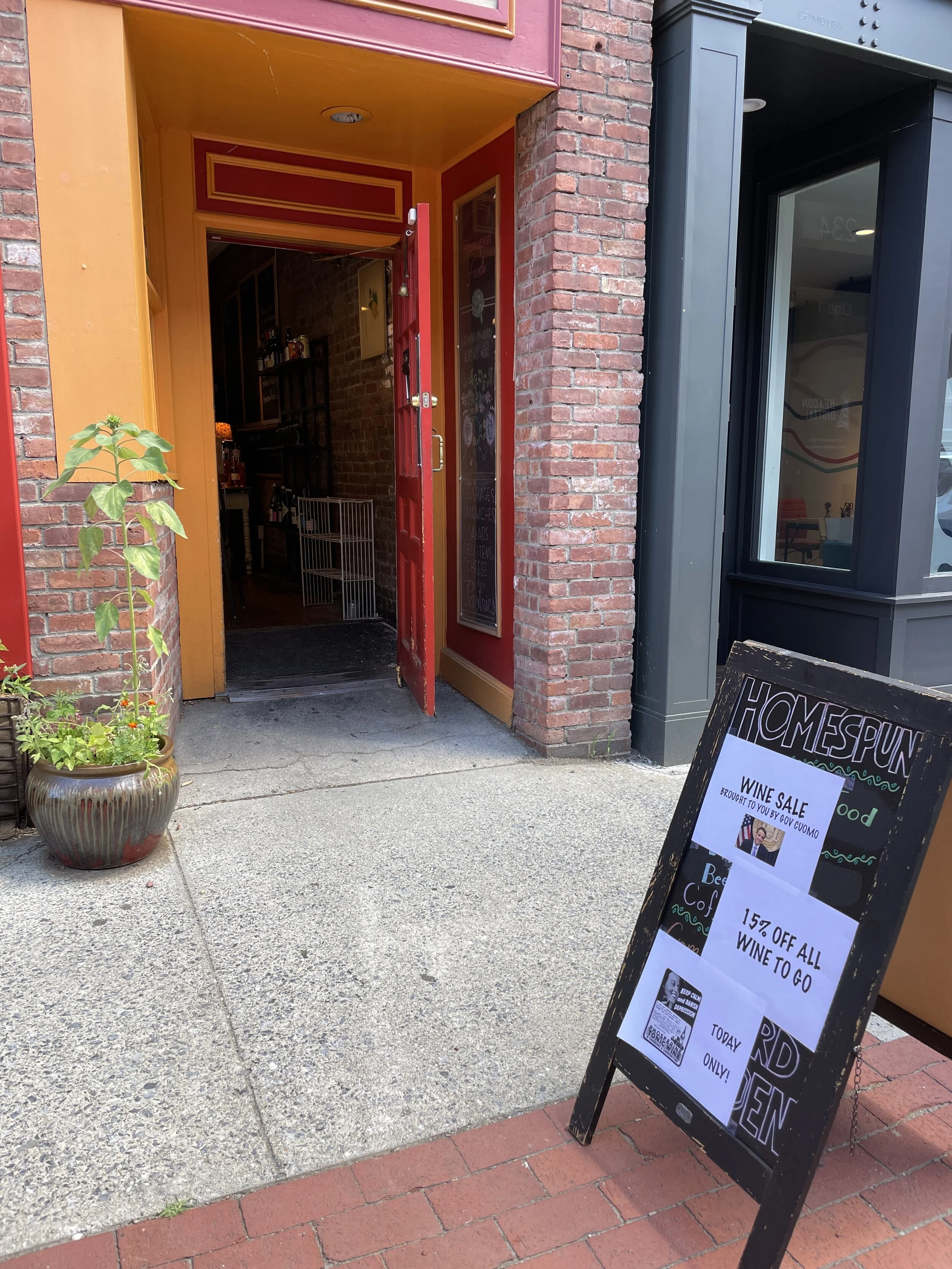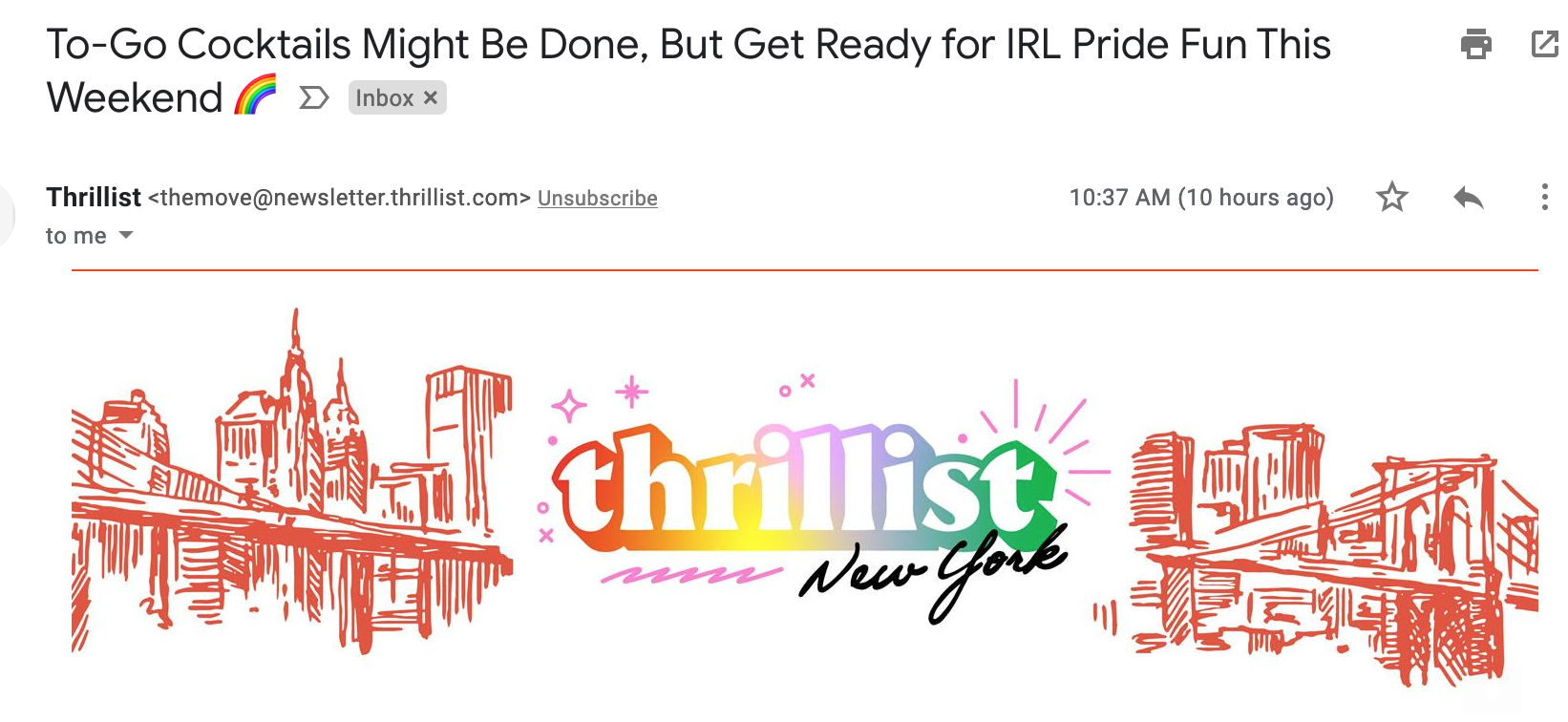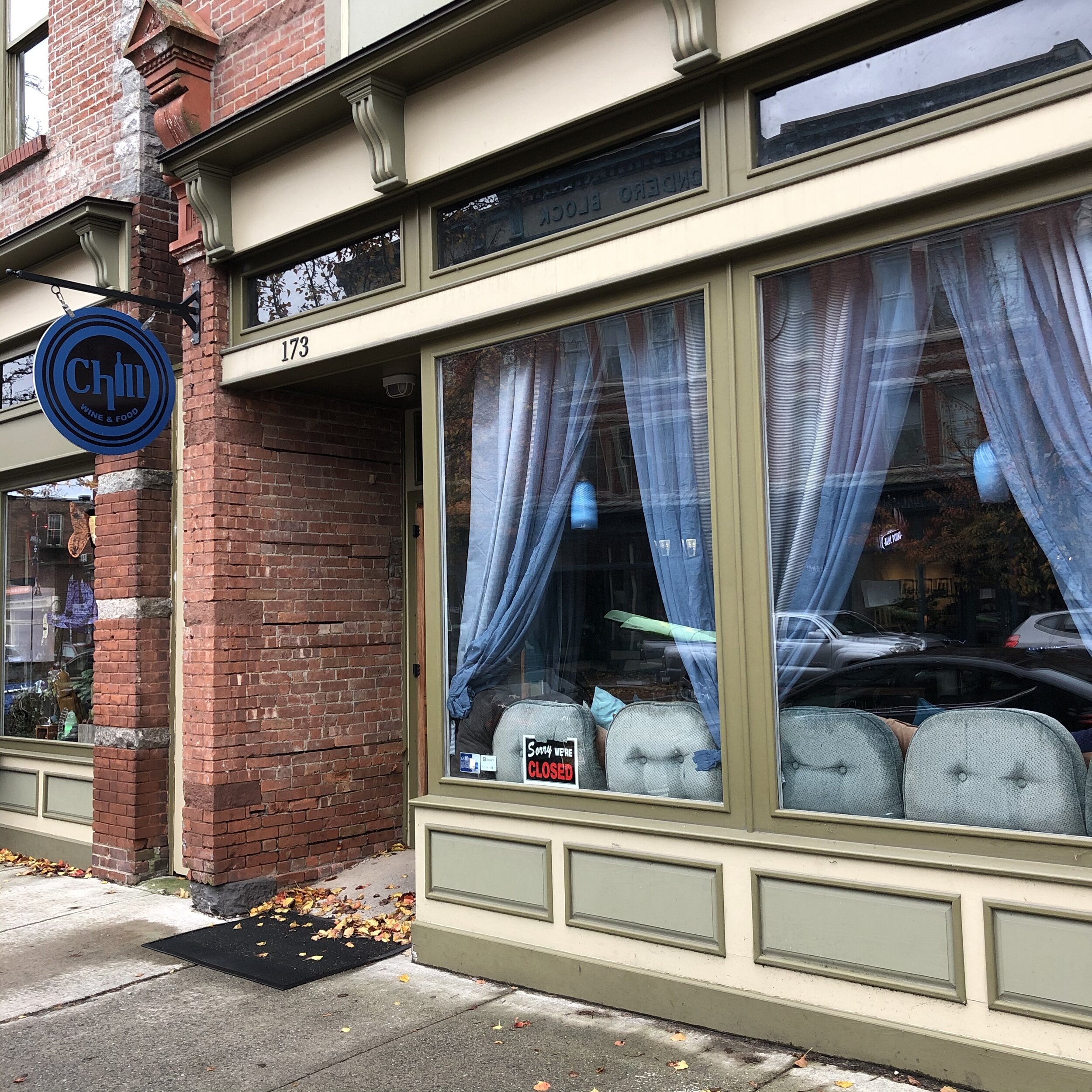Stop The Internets - Quinn's Will Reopen, But With New Rules: Admission Price & Proof of Vaxx
/Photo Credit:
The subject line of Quinn’s press release announcing their reopening (again) had a kicker at the end of it: “Joe McPhee 82nd Birthday Kicks Off Return of Live Music at Quinn's in Beacon NY (We Mean It This Time!)” Very cute and real, as everyone flows with the pandemic times.
Days before most people woke up to the raging Delta variant, Quinn’s had announced an aggressive lineup of long awaited jazz performances, including a clever “Joevember” themed month of November featuring musicians named Joe.
Shortly after that, Quinn’s announced a last call for a pause on their being open at all. In that time, the parklets (outside dining on the street) had been picked up, and their loyal customers began dreaming of ways to help them reopen.
This week’s reopening announcement will come with a sigh of relief, but it also comes with a new set of directions: live performances now require an admission price to enter; and there’s a new definition of getting carded - Quinn’s is carding for proof of vaccination. Masks will also be required for admission during all live performances.
Quinn’s will be open for food dining during non-performance days as well. Check with them for latest hours and days.
Quinn’s is the second restaurant (that we know of) to require proof of vaccination. The Roundhouse in Beacon has also imposed this rule, which begins today. All restaurants, bars and gyms in New York City are also requiring proof of vaccination, as are Broadway theaters. The Los Angeles City Council voted to require vaccinations for restaurants, bars, gyms, shopping centers, entertainment venues, and personal care establishments.
Normally, during a pause in a performance, band members go around the restaurant with a donation box, hoping people will give cash. With this new policy, performers are guaranteed a payment. Initiating the new policy, read the press release, “will be a celebration of the 82nd birthday of our dear friend, Hudson Valley legend and internationally recognized multi-instrumental titan, Joe McPhee (pictured above), on his actual birthday: Wednesday, November 3 at 8:30 PM. Admission for this very special event will be $20.”
The next performance will be the iconic Beacon punk band Ate Bit, with special guest Social Standards opening. Making it up as they go along (which is the beauty of running your own business), is a twist to “Joevember” with two musicians not named Joe scheduled to perform: Jessica Jones and Tony Jones on November 15th.
From the press release: “Highlights of Saturday night concerts include a devastating one-two punch from one of our favorite Beacon bands, Knock Yourself Out. First, on Second Saturday, November 13, we present KYO Surfers, featuring members of Knock Yourself Out, Dirt Bikes, and The Nighttimes performing songs by the infamous Texas psych-punk band Butthole Surfers — then, on Saturday, December 18, KYO bids us all farewell with their final performance, joined by special guest musicians Mimi Sun Longo, Daria Grace, Jonny Taylor, and Ken Fox. Other Saturday highlights include the bands 100 and Zero with opener Wall of Ego on November 20, and another Hudson Valley legend, DJ Bill Skillz, brings his Diggin' in the Crates Radio Roadshow back into Quinn's during Thanksgiving weekend on November 27.”
The upcoming schedule is listed below, but do check first before going, as dates and status could change.
MONDAY JAZZ SESSIONS (except for Wednesday 11/3):
8:30 PM EACH NIGHT, $15 CASH ADMISSION
NOVEMBER
11/3 Joe McPhee 82nd Birthday Celebration
11/8 Joe Giardullo w/ Vance Provey, Billy Stein and Harvey Sorgen
11/15 Jessica Jones/Tony Jones and Friends
11/22 Joe Fiedler's Open Sesame "Fuzzy and Blue" Record Release Party, w/ Jeff Lederer, Steven Bernstein, Sean Conly and Michael Sarin
11/29 Joseph Vincent Tranchina w/ Robert Kopec and Don Devine
DECEMBER
12/6 Mike Dopazo
12/13 Eric Person's Music of Ronald Shannon Jackson Project w/ Neil Alexander, Robert Kopec and Dean Sharp
12/20 Karl Berger & Friends
JANUARY
1/10 Iris Ornig
1/17 MLK Day 2022 Celebration w/ Ray Blue
SATURDAY NIGHT CONCERTS:
9 PM EACH NIGHT, $10 CASH ADMISSION (except for 11/27)
NOVEMBER
11/6 Ate Bit/Social Standards
11/13 KYO Surfers: Music of Butthole Surfers
11/20 100 and Zero/Wall of Ego
11/27 DJ Bill Skillz' Diggin' in the Crates Radio Roadshow (holiday open house — no cover, donations requested)
DECEMBER
12/18 Knock Yourself Out Farewell Performance, w/ Mimi Sun Longo, Daria Grace, Jonny Taylor, and Ken Fox






















































